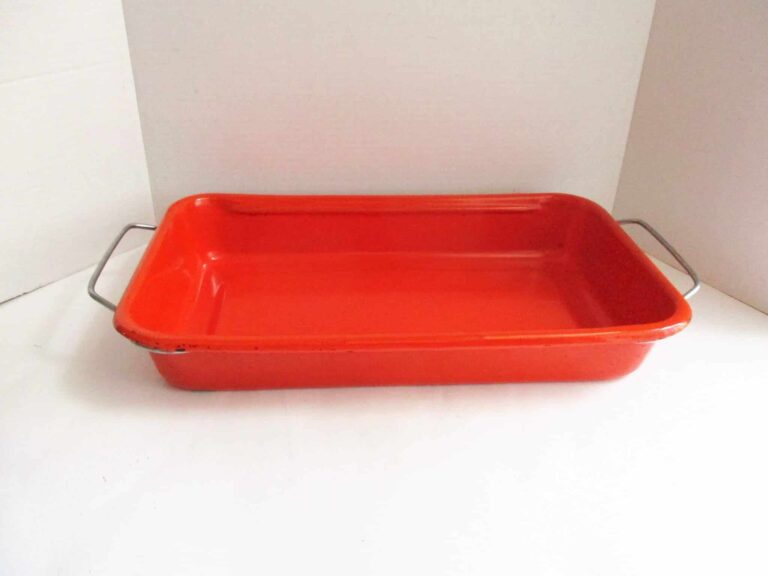Is it safe to use rusty pans?
Rust on your cookware is not only a potential health hazard, it can affect the taste of your food. Using rusty cookware isn’t a good idea, especially if it’s a pot or pan that you use a lot. With this in mind, it’s best to err on the side of caution when it comes to rust.
Is iron rust harmful to health?
What happens if I swallow rust? According to the U.S. Environmental Protection Agency (EPA), ingesting rust in small amounts will not harm your health (unless you have a rare condition called hemochromatosis, which causes your internal organs to retain the iron).
Is it safe to use a scratched wok?
But to answer your question, you don’t need to worry if you are cooking with a wok that has a scratched or scratched non-stick coating. The material is inert, although it cannot withstand the very high temperatures required for wok frying.
Why is my wok rusting?
After each thorough wash (or if you don’t use your wok every day), it’s best to add a little vegetable oil to your wok after it has dried. If you start to rust the next time you use it, chances are it wasn’t completely dry or you didn’t use enough oil.
Can you repair a rusty wok?
A-You can certainly salvage a wok that has developed rust. Next, rinse the pan with hot water and rub the steel wool over the rusted or burned food area until the surface is completely smooth and even. Now rub it with fine sandpaper. Rinse two more times under warm running water.
Do you have to season a wok every time you use it?
First you need to season the wok. Then, with proper use and care, a natural patina will develop on the surface over time, giving the wok a non-stick coating. Carbon steel woks typically receive a coat of factory oil to protect them from rust before being sold.
How to prevent a wok from rusting?
To prevent your wok from rusting, do not use abrasive materials to clean it while cooking. It is best to clean your wok with a mild detergent and a bamboo brush or soft sponge. Dry the wok very well after use and store it in a dry place away from humidity. Some cooks like to oil their wok after each use.
What oil is best for seasoning a wok?
The best wok oils have a high smoke point, which means they can be used at high temperatures without burning. In addition, they must be refined and give a neutral taste. Instead, opt for one of these oils to flavor your wok:
- Peanut oil.
- rapeseed oil.
- grapeseed oil.
- sunflower oil.
- lard or pork fat.
- shortening.
Which wok is best to buy?
Here are the best woks you can buy:
- Best Overall: Cast Iron Lodge Seasoned Wok.
- Best Stainless Steel: Cook’s 13-Inch Multi-Layer Stainless Steel Standard Wok.
- Best Teflon: TeChef – Art Pan Wok.
- Best on a Budget: T-Fal Specialty Jumbo Nonstick Wok.
- Best Small Size: Calphalon Hard-Anodized Aluminum Nonstick Flat Bottom Wok.
What is the healthiest wok?
Top 8 Healthy and Safe Woks – Best Non-Toxic Wok
